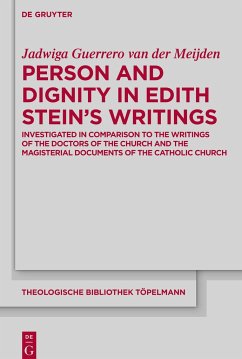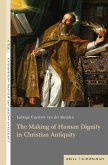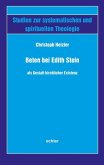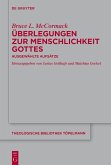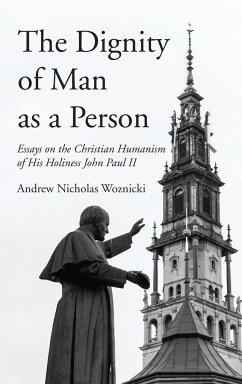Edith Stein is widely known as a historical figure, a victim of the Holocaust and a saint, but still unrecognised as a philosopher. It was philosophy, however, that constituted the core of her life. Today her complete writings are available to scholars and therefore her thinking can be properly investigated and evaluated.
Who is a human person? And what is his or her dignity according to Edith Stein? Those are the two leading questions investigated in this volume. The answer is presented based on the complete writings of the 20th-c. phenomenologist and, moreover, compared to the traditional Christian understanding of human dignity present in the writings of the Church Fathers and the Doctors of the Church as well as Magisterial Documents of the Catholic Church.
In the final parts of the book, the author shows how Stein's ideas are relevant today, in particular to the ongoing doctrinal and legal debates over the concept of human dignity.
Who is a human person? And what is his or her dignity according to Edith Stein? Those are the two leading questions investigated in this volume. The answer is presented based on the complete writings of the 20th-c. phenomenologist and, moreover, compared to the traditional Christian understanding of human dignity present in the writings of the Church Fathers and the Doctors of the Church as well as Magisterial Documents of the Catholic Church.
In the final parts of the book, the author shows how Stein's ideas are relevant today, in particular to the ongoing doctrinal and legal debates over the concept of human dignity.
"As a whole, the work of Jadwiga Guerrero van der Meijden is excellent, well structured, and shows a vast and careful study of all of Edith Stein's writings, as well as of many important secondary sources, works of the Christian tradition, theological and magisterial documents. It may have certain aspects that recommend it as the best publication on Edith Stein's philosophy of person and human dignity." Prof. Dr hab. Josef M. Seifert

